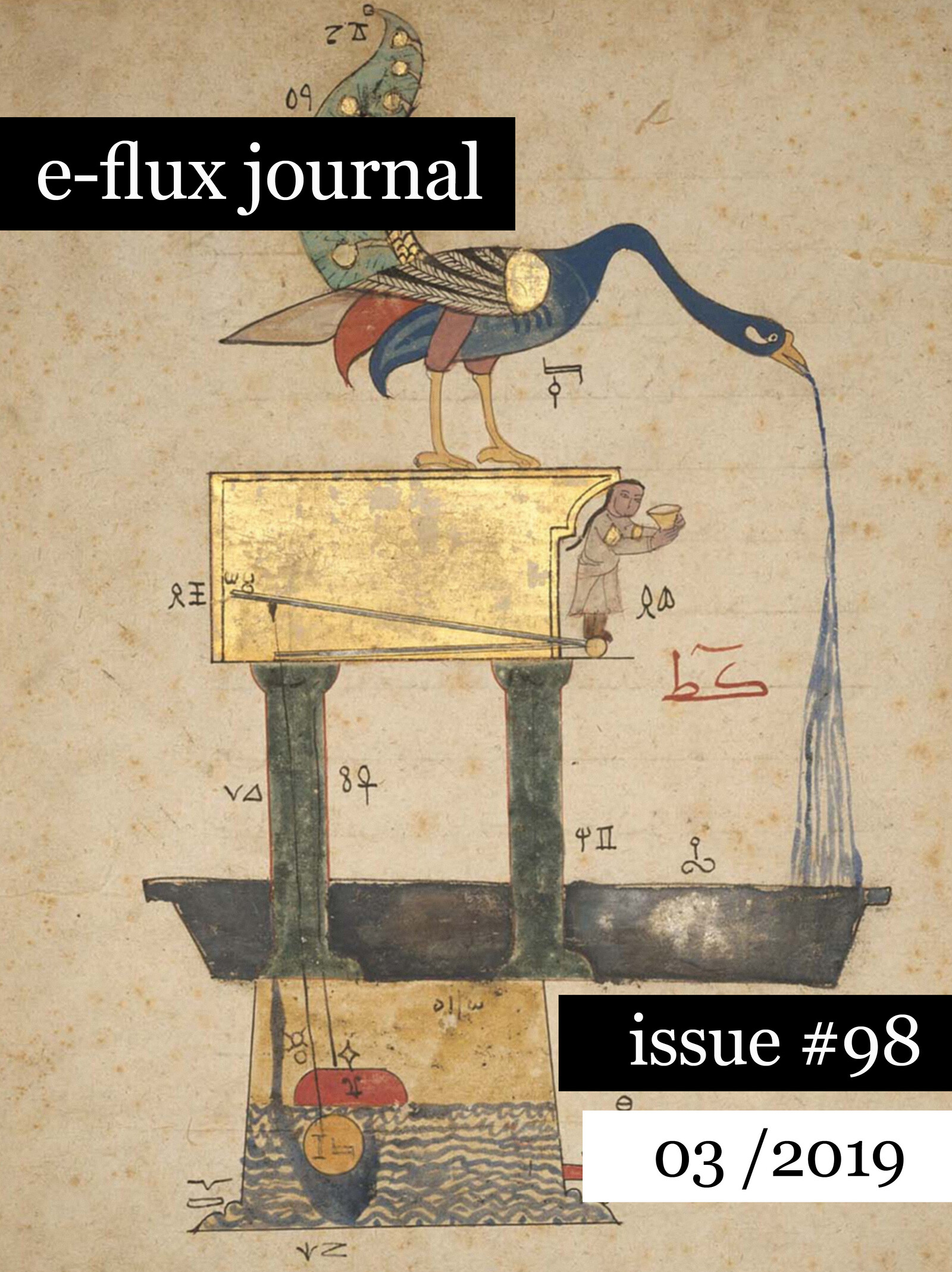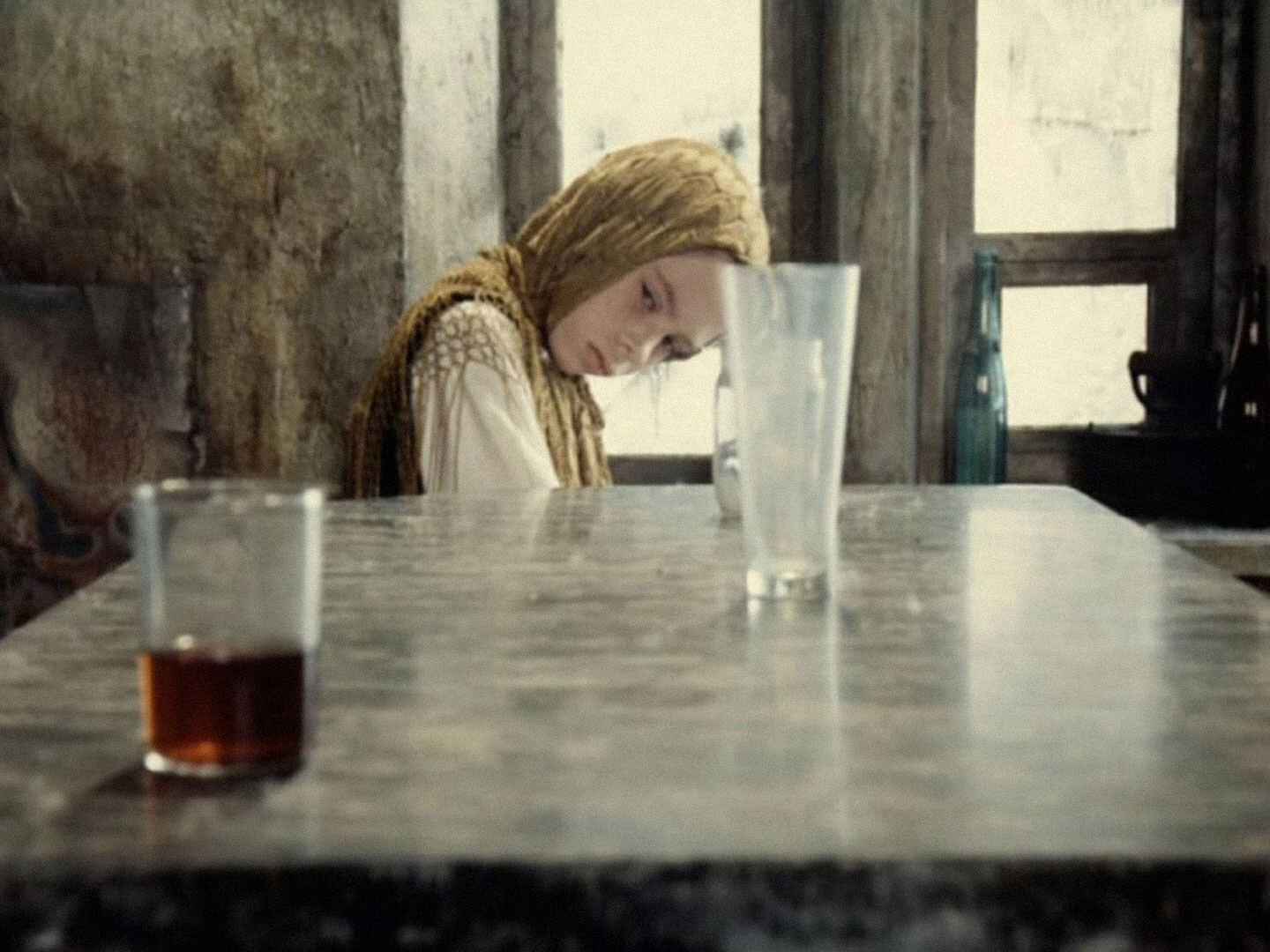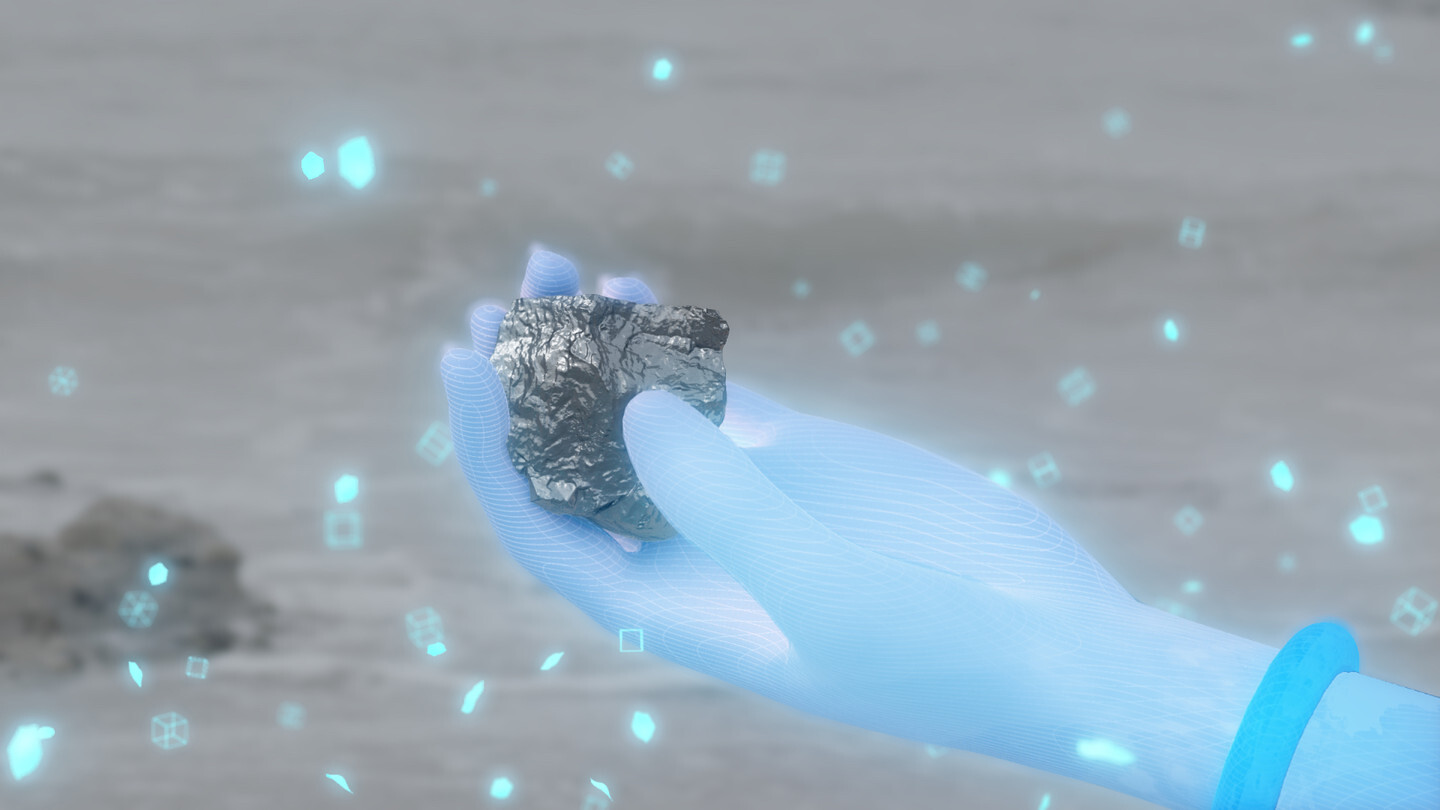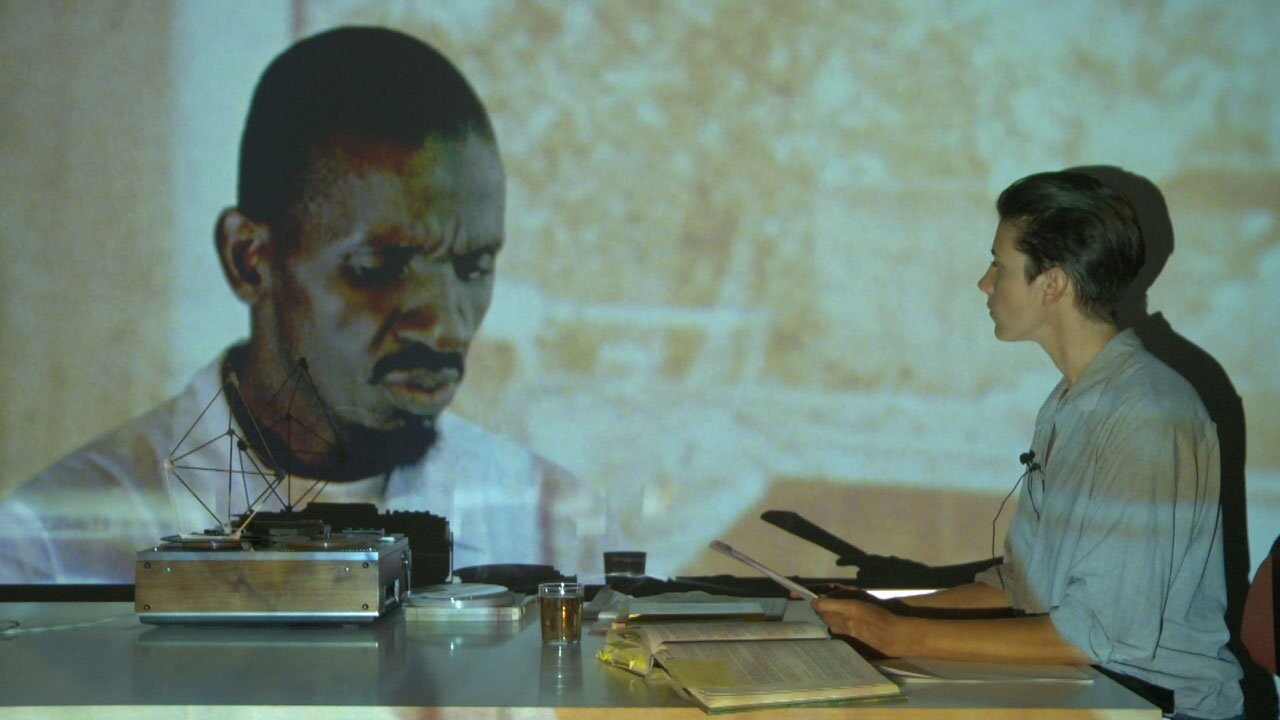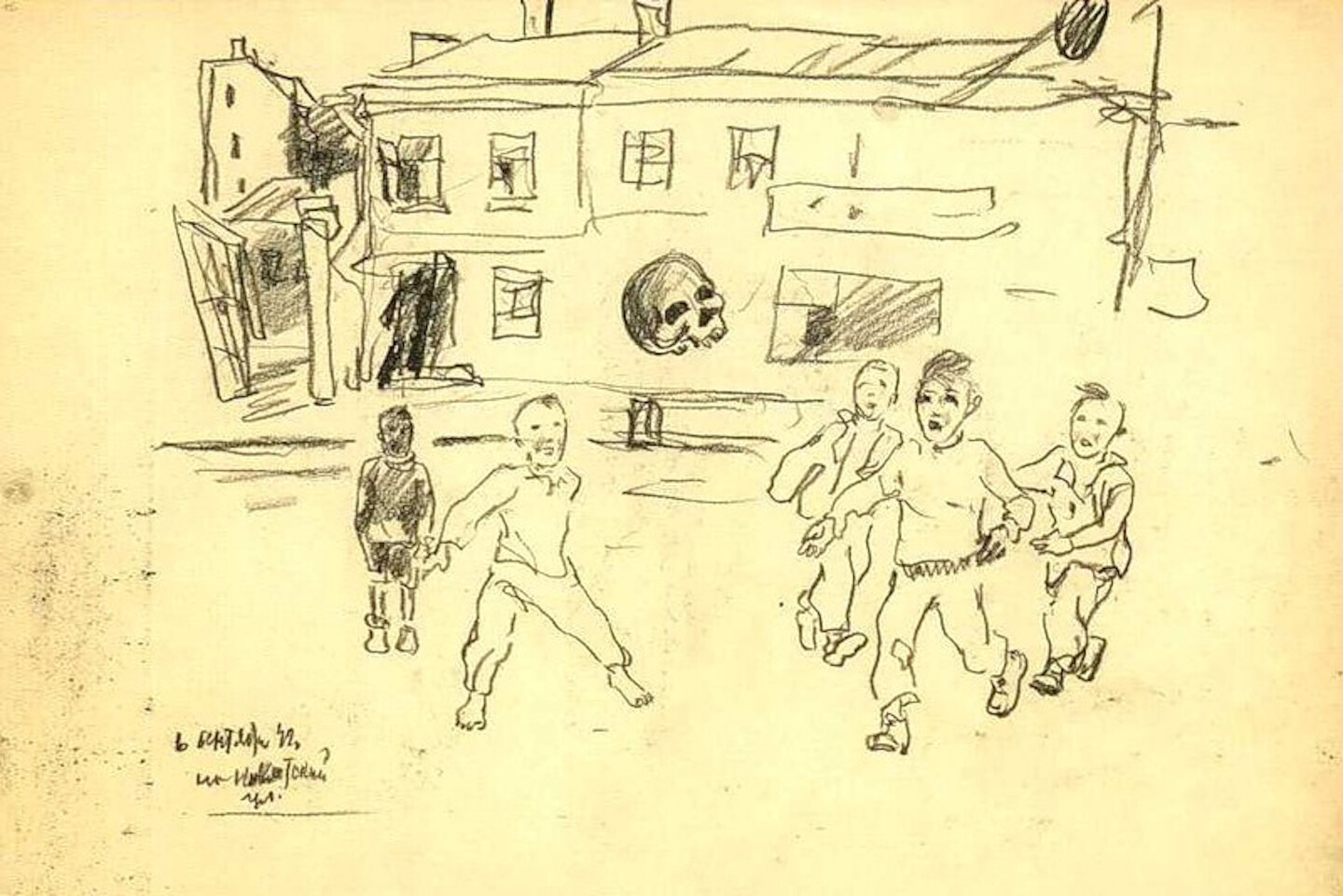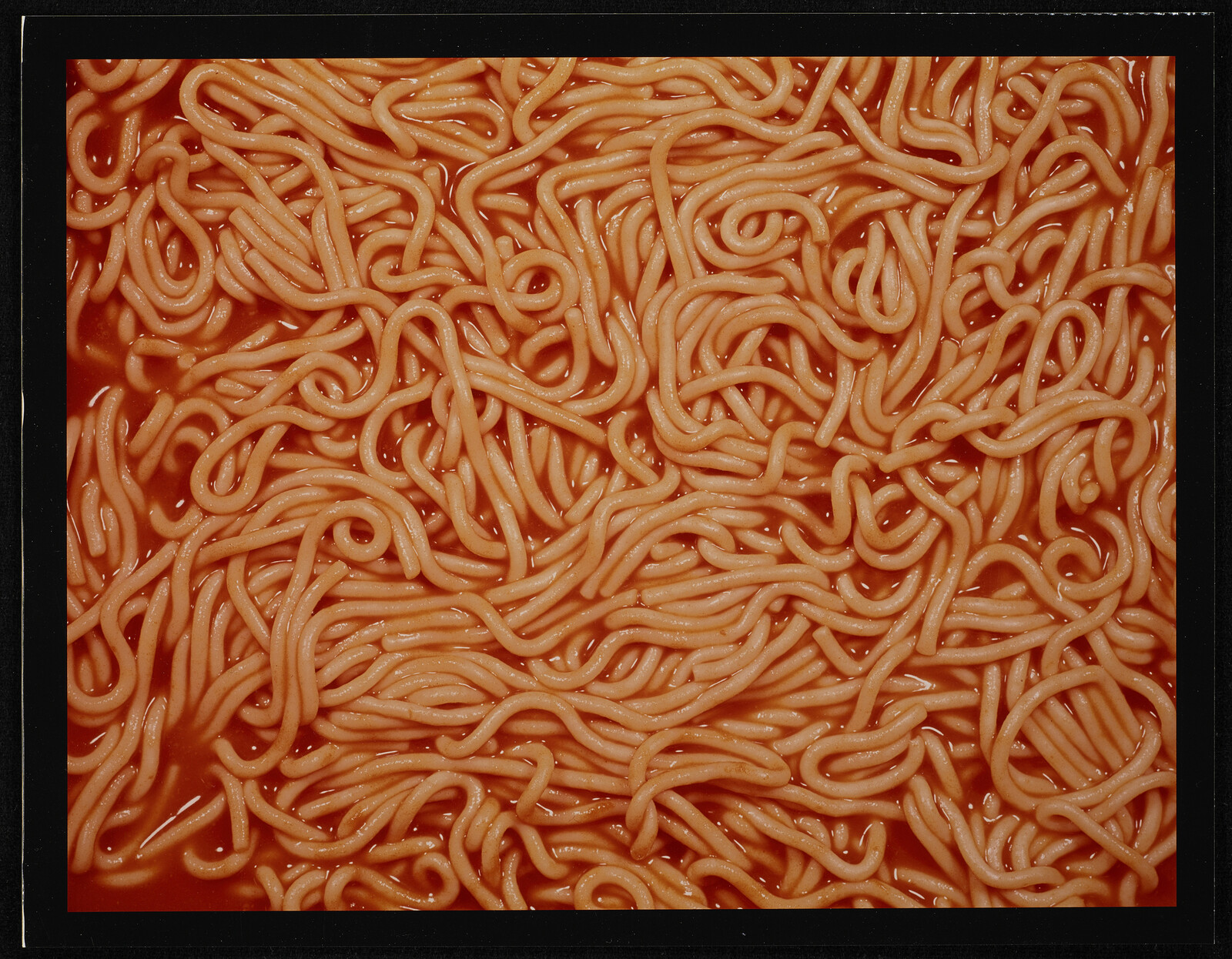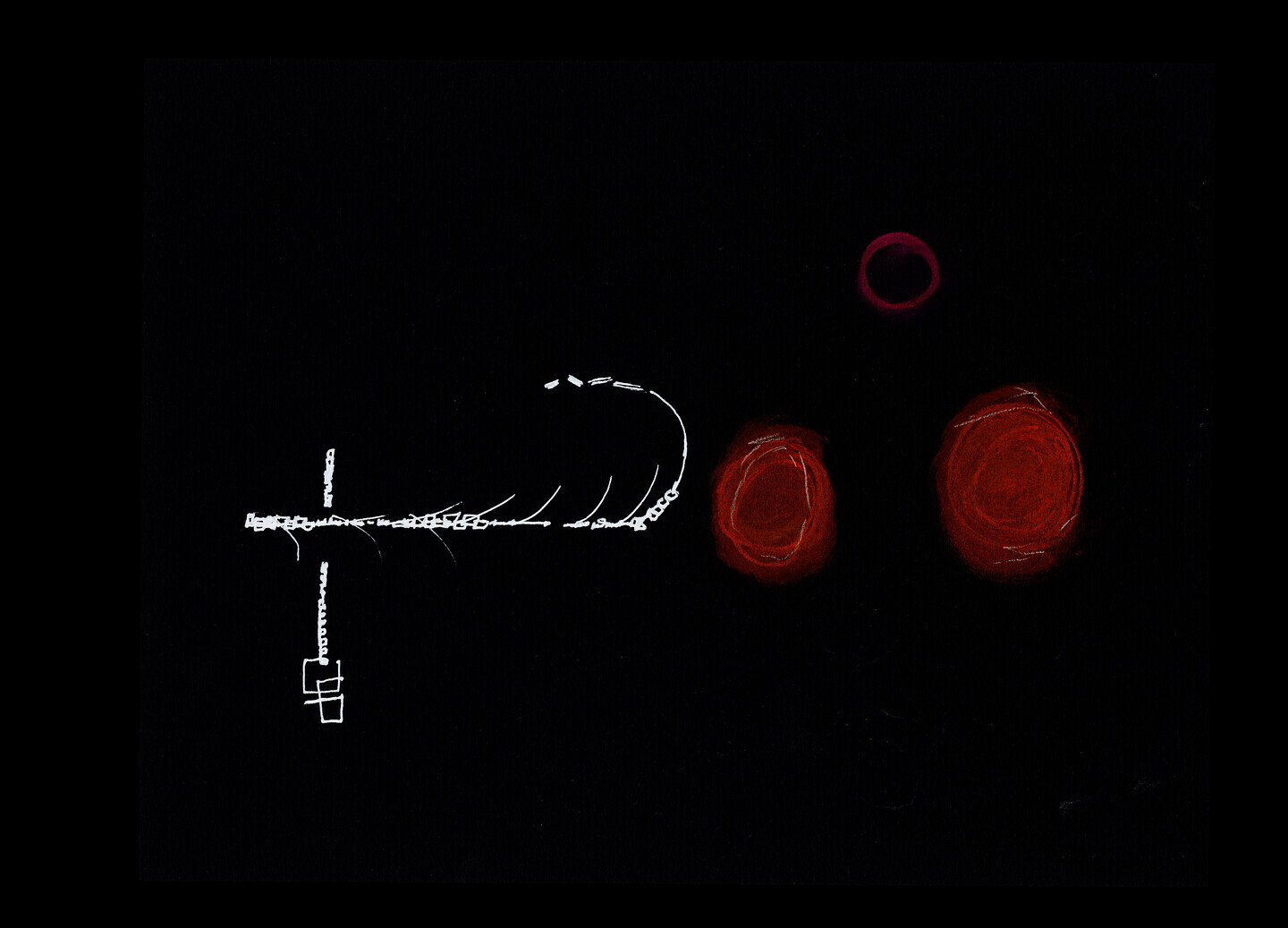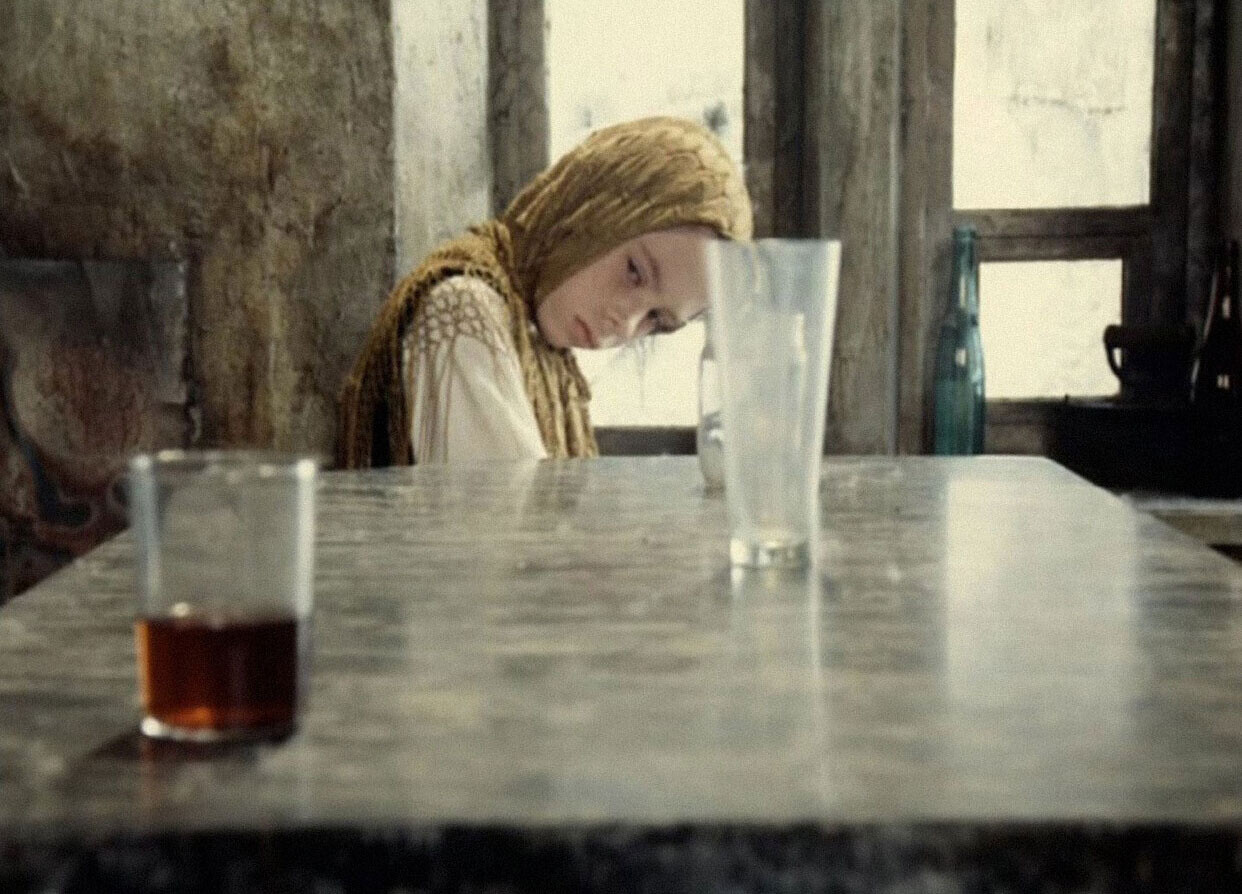Tony Wood Read Bio Collapse
Tony Wood lives in New York and writes about Latin America and Russia. He is the author of Russia without Putin: Money, Power and the Myths of the New Cold War (2018), and is currently working on a PhD about the Latin American radical left in the 1920s and 1930s.
If Dhalgren shows us the crumbling of consumption in a capitalist society, Stalker portrays the collapse of the whole mechanism of production in a state-socialist one—symmetrical disintegrations that reflect the respective priorities of the rival Cold War systems. The collapse in Stalker goes beyond industrial production, which was the raison d’être for the Soviet planned economy as a whole—represented in the film by rusting equipment, warehouses that now store nothing but wind-sculpted sand—extending to the production of knowledge and meaning, the exhaustion of which is portrayed by the Writer and the Scientist. When all the machinery of the state-socialist system begins to seize up, what rationale or guiding principle can sustain people from one day to the next, let alone in decades to come? This is a moral crisis, to be sure—but a systemic, rather than an individual or personal one.
Sven Lütticken and Tony Wood, launch of Cultural Revolution: Aesthetic Practice after Autonomy and discussion
Nicholas Heskes


